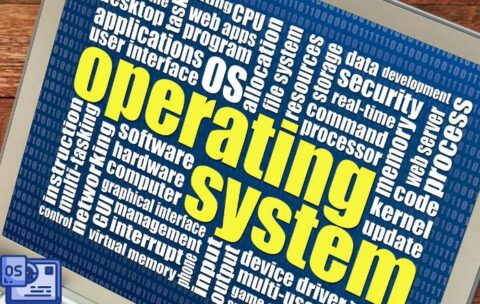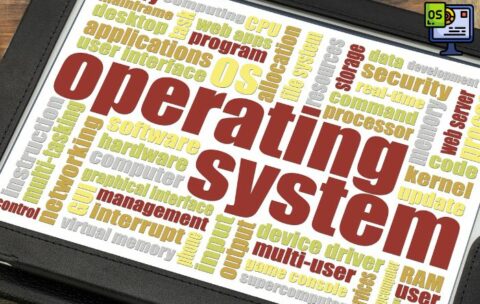Cybersecurity Essentials: Protecting Digital Assets in a Connected World
In today’s rapidly evolving digital landscape, where interconnectedness drives innovation …
What you'll learn
Cyber Threat Landscape: Understand various cyber threats and attack methods targeting digital assets.
Vulnerability Assessment: Learn how to identify vulnerabilities in systems, applications, and devices.
Network Security: Explore techniques to secure networks, including firewalls, intrusion detection, and virtual private networks (VPNs).
Data Protection and Privacy: Discover strategies for safeguarding sensitive data and ensuring compliance with privacy regulations.
Incident Response: Develop skills to create and execute incident response plans during security breaches.
Cryptography Basics: Gain insights into encryption, digital signatures, and secure communication protocols.
Cloud Computing Fundamentals: Navigating the Virtual Realm
Embark on a comprehensive journey into the fundamental concepts that …
What you'll learn
Cloud Concepts: Understand the history, models, and components of cloud computing.
Service Models: Explore SaaS, PaaS, and IaaS, and their applications.
Virtualization: Learn how virtualization enables efficient resource management in cloud environments.
Scalability and Elasticity: Discover how cloud resources dynamically adapt to workloads.
Security and Compliance: Master cloud-specific security measures and compliance considerations.
DevOps and Automation Mastery: Streamlining Software Delivery
In the ever-evolving landscape of software development, the fusion of …
What you'll learn
DevOps Foundations: Understand the principles and value of DevOps in software development.
Automation Techniques: Learn to leverage automation tools to streamline tasks and eliminate errors.
Continuous Integration and Deployment (CI/CD): Master seamless code integration and automated deployment.
Infrastructure as Code (IaC): Automate infrastructure provisioning for consistency and scalability.
Configuration Management: Manage configurations systematically to reduce inconsistencies.
Agile Project Management in the IT Sector
In a fast-paced and dynamic IT landscape, the ability to …
What you'll learn
Agile Fundamentals: Understand the core principles and values that underpin Agile methodologies.
Adapting Agile for IT: Learn to tailor Agile practices to suit the unique demands of the IT sector.
Methodology Overview: Explore Scrum, Kanban, and Lean methodologies and their relevance to IT projects.
Effective Planning: Develop iterative project plans that accommodate changing IT requirements.
User-Centric Approach: Master user story creation, backlog management, and feature prioritisation.
Sprint Execution: Gain proficiency in sprint planning, execution, and tracking within an IT context.
Effective IT Project Governance and Delivery
In the dynamic realm of IT project management, successful outcomes …
What you'll learn
Project Governance Fundamentals: Understand the principles and importance of effective project governance in the IT sector.
Frameworks and Models: Explore various governance frameworks and models tailored to IT projects.
Stakeholder Engagement: Master strategies for engaging and communicating with stakeholders throughout projects.
Risk Management and Compliance: Learn to identify, assess, and manage project risks while maintaining compliance.
Project Monitoring: Gain skills to monitor project progress, performance, and quality.
Decision-Making: Understand how governance drives informed decision-making and resource allocation.









